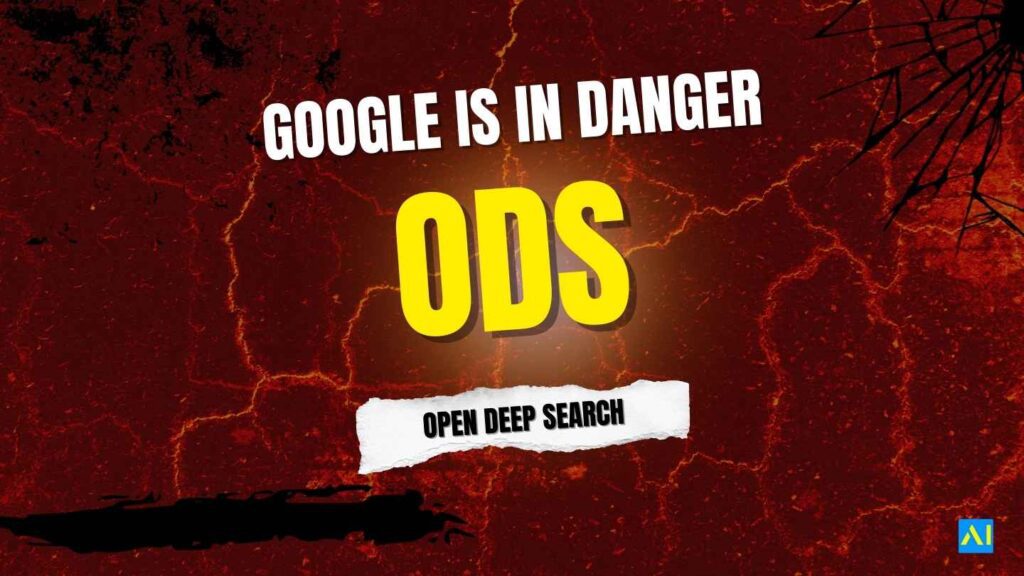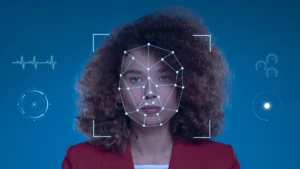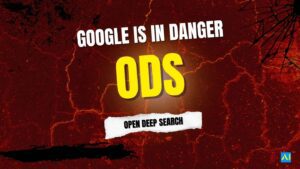A new open-source framework called Open Deep Search (ODS) is raising questions across the tech community after its quiet launch in April 2025.
Built to rival proprietary AI search systems, ODS could represent one of the strongest challenges yet to Google’s dominance in search technology.
The project, developed by the Sentient Foundation in partnership with researchers from the University of Washington, Princeton, and UC Berkeley, introduces a modular framework designed to make artificial intelligence search both transparent and customizable.
According to Marktechpost, ODS uses two main components: the Open Search Tool, which improves how queries are retrieved and ranked, and the Open Reasoning Agent, which manages large language models and produces coherent, fact-checked answers.
Early testing shows ODS delivering results that surpass expectations.
Data published on arXiv reveals that when paired with the open-source DeepSeek-R1 model, ODS achieved 75.3 percent accuracy on the FRAMES benchmark, outperforming OpenAI’s GPT-4o Search Preview by nearly 10 percent.
On the SimpleQA benchmark, it scored 88.3 percent, placing it on par with some of the most advanced proprietary systems.
Industry analysts view these numbers as more than just technical progress. A VentureBeat report highlighted that ODS, unlike Perplexity or ChatGPT Search, offers full transparency.
Developers can adapt the framework, plug in any large language model, and adjust the reasoning pipeline to their own needs.
This flexibility could reduce reliance on closed platforms, opening the door for smaller companies, research institutions, and governments to deploy their own advanced search solutions.
The release comes at a critical time for the search industry. Google has faced ongoing scrutiny over its integration of AI into traditional search results, with some users questioning accuracy and trust.
At the same time, Microsoft is promoting its Model Context Protocol, which allows websites to create independent, natural language search capabilities.
The Verge reported that Microsoft’s chief technology officer has framed this shift as a step toward decentralizing how people access information online.
For many users, the rise of ODS could signal the beginning of that decentralization. Unlike Google or other closed providers, ODS gives communities the ability to audit, modify, and even redistribute the system.
Some researchers believe this transparency could help combat misinformation by allowing independent experts to verify how search answers are generated.
Others see it as an opportunity to build local or specialized search engines that do not depend on big tech infrastructure.
Still, challenges remain. Open-source projects often struggle with sustained funding, community adoption, and the technical hurdles of scaling to billions of queries.
Google’s global infrastructure continues to give it unmatched reach and reliability. Whether ODS can build the same level of stability while keeping its open model intact remains uncertain.
As of now, Open Deep Search is gaining attention primarily in academic and developer circles. But with its benchmark success and growing visibility, it could emerge as one of the most important stories in the evolution of AI-driven search.
If adoption spreads, the quiet launch of ODS in April 2025 may later be remembered as the moment when the balance of power in search began to shift.



